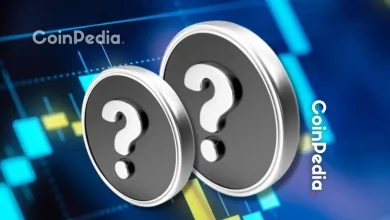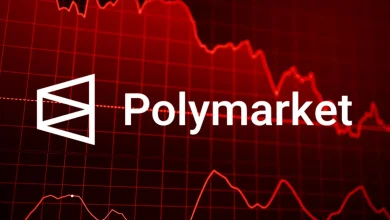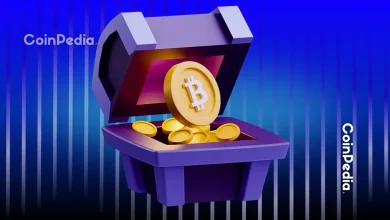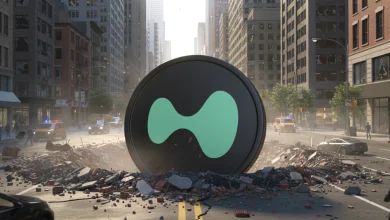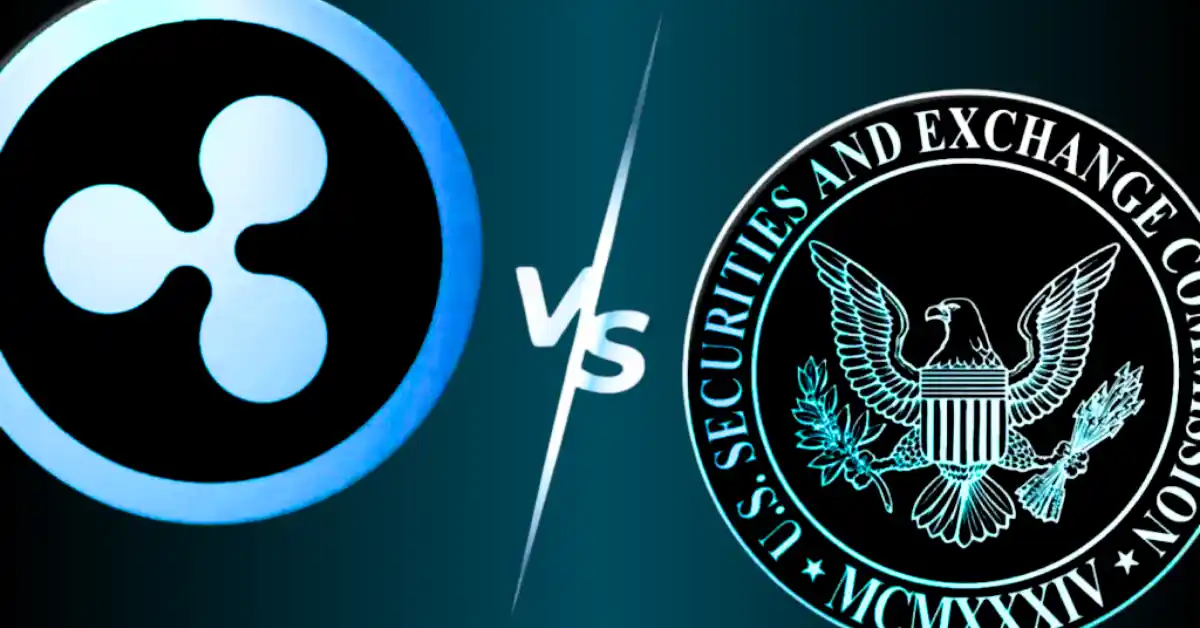
Ripple operations continue; courts haven’t banned XRP or shut down the company’s business.
Direct XRP sales to institutions remain restricted unless properly registered or legally exempted.
Ripple paid the $125M fine; funds now held in an independent escrow account.
If you’ve been following the Ripple SEC case, you’re probably as confused as everyone else about what’s going on. With all the mixed opinions flying around, it’s easy to feel lost.
Pseudonym XRP supporter Vincent Van Code breaks it all down in simple terms. What’s settled, what’s pending, and how it affects Ripple’s business and XRP’s future.
Let’s start with what’s already decided.
XRP Is Not a Security—But There’s a Catch
To start, XRP itself is not considered a security when sold openly on the market. This was made clear in a July 2023 court ruling. That means ordinary trading of XRP, by retail investors, is perfectly fine and legal.
This means regular trading of XRP on exchanges is not under threat, and the asset’s legal status for retail buyers remains unchanged.
However, the court did find that XRP sales directly to institutions—totaling $728 million—were unregistered securities offerings. Because of this, Ripple is under a permanent injunction that bans these types of sales unless they’re properly registered or meet certain legal conditions.
If Ripple ignores this, it could be held in contempt of court.
Ripple Paid the $125 Million Fine
Another point of confusion is whether Ripple paid the $125 million fine. Vincent clarified that Ripple has already paid this amount into escrow—a bank account controlled by a third party, while the appeals and settlement talks play out.
Recently, both Ripple and the SEC tried to get the judge’s approval to cut the penalty to $50 million and lift the institutional sales ban, but Judge Torres rejected this request on June 26, 2025.
She insisted that the original injunction and penalty remain in place until the appeals process is finished.
What Can Ripple Do Next?
Despite the restrictions, Ripple can still sell XRP to institutions, but only by following the U.S. Securities Act of 1933.
Or seek some exemptions like:
- Rule 506(b): Allows sales to unlimited accredited investors and up to 35 non-accredited ones (no ads allowed).
- Rule 506(c): Allows public promotion, but every buyer must be verified as an accredited investor.
In both cases, Ripple must file a Form D with the SEC within 15 days of any sale.
Ripple Isn’t Being Shut Down
Contrary to what some fear, the courts are not shutting Ripple down or banning XRP. Ripple is still operating, selling XRP on open markets, and pushing for better legal terms.
This is more about shaping the legal framework than stopping the project. The business goes on, especially for investors and institutions with long-term goals.
Trust with CoinPedia:
CoinPedia has been delivering accurate and timely cryptocurrency and blockchain updates since 2017. All content is created by our expert panel of analysts and journalists, following strict Editorial Guidelines based on E-E-A-T (Experience, Expertise, Authoritativeness, Trustworthiness). Every article is fact-checked against reputable sources to ensure accuracy, transparency, and reliability. Our review policy guarantees unbiased evaluations when recommending exchanges, platforms, or tools. We strive to provide timely updates about everything crypto & blockchain, right from startups to industry majors.
Investment Disclaimer:
All opinions and insights shared represent the author's own views on current market conditions. Please do your own research before making investment decisions. Neither the writer nor the publication assumes responsibility for your financial choices.
Sponsored and Advertisements:
Sponsored content and affiliate links may appear on our site. Advertisements are marked clearly, and our editorial content remains entirely independent from our ad partners.

